T3 Interview: Huawei's Andrew Garrihy talks 5G, privacy, apps, AI, and living in a post-Google world
Huawei's Global Chief Brand Officer Andrew Garrihy talks about Huawei's vision for the future

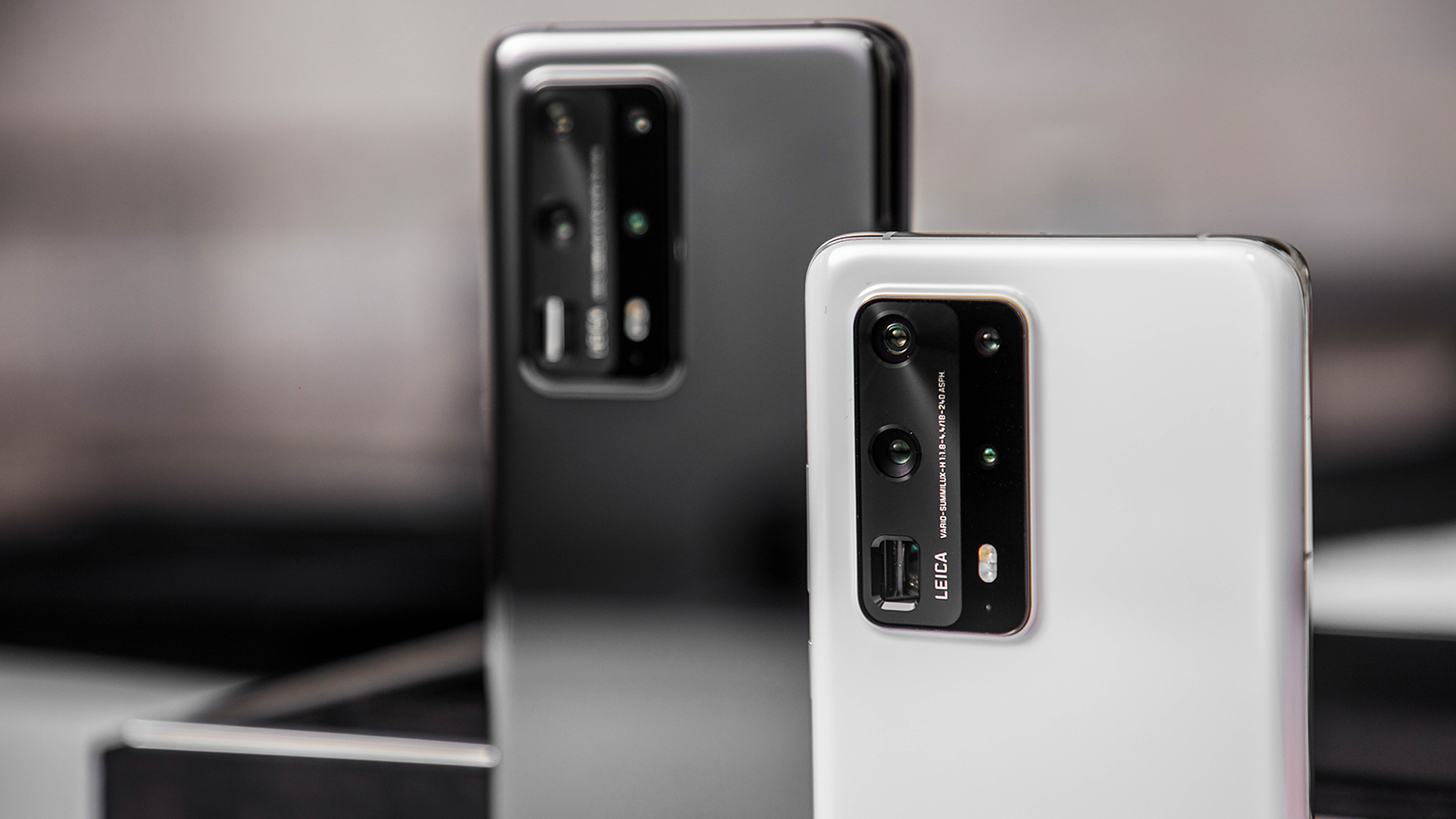
Andrew Garrihy — Global Chief Brand Officer, Huawei
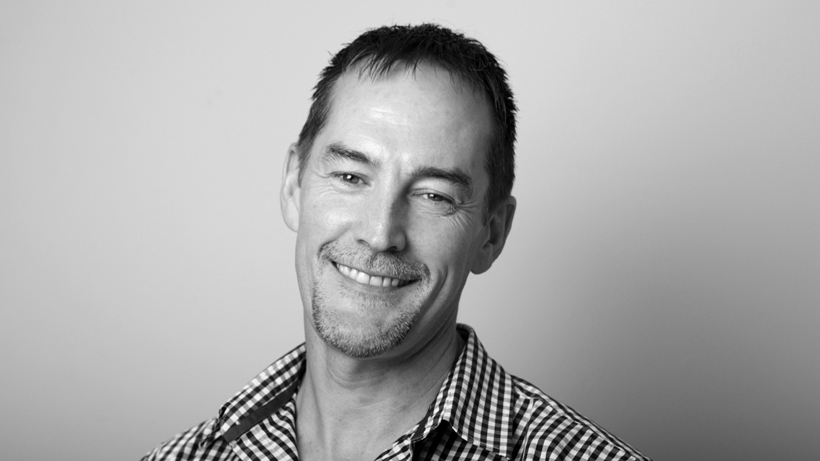
Over the past year Huawei has faced unprecedented challenges following its placement by the U.S. Government on its Entity List, with its smartphones officially unable to now use Google's services or apps.
As the number two smartphone maker in the world by sales, and one that was deeply invested in Google's Android ecosystem, this naturally has caused issues for the company - as detailed recently in T3's Huawei P40 Pro and Huawei P40 Pro Plus reviews - and has led to the Chinese maker to start on a different path, one where it is building its own software ecosystem that its wide-ranging hardware portfolio can utilise.
Huawei has also faced issues in the UK regarding its brand and 5G, with privacy at the heart of the matter. Here, though, Huawei's own Global Chief Brand Officer Andrew Garrihy not only openly talks about 5G, privacy, apps, the IoT and more, but also candidly unveils Huawei's exciting vision for the future.
Here at T3 we've always been honest in how much we rate the maker's hardware, with its phones especially delivering new benchmark standards every year in fields like photography and AI.
As a result, we were definitely enthused to hear about Huawei's vision for the future of its smartphones, and its plan for connected devices in general worldwide. For anyone with an interest in phones, laptops, tablets, 5G, AI, cloud services, application platforms and more, we consider this interview a must read.

How important is privacy to Huawei's overall product strategy?
It’s really important, our privacy is precious. People are asking more demanding questions of companies as well about their privacy. This is a great opportunity for us – I like to use the example of a hotel – if you want to have a hotel that’s a private and a beautiful seamless experience, you can try to renovate, but it’s difficult.
Privacy for us is really important, it’s central.
It’s hard to renovate, but we’re building a brand new hotel. And as we bring other equipment into the hotel, they have to comply with the same standard. Privacy for us is really important, it’s central.
Get all the latest news, reviews, deals and buying guides on gorgeous tech, home and active products from the T3 experts
We have invested a lot of time into the hardware, chipset and Cloud, we have 20 privacy certifications around the world and we’re leading the charge, we’re GDPR compliant etc. We are building a whole new hotel and that’s one of the key focus areas.
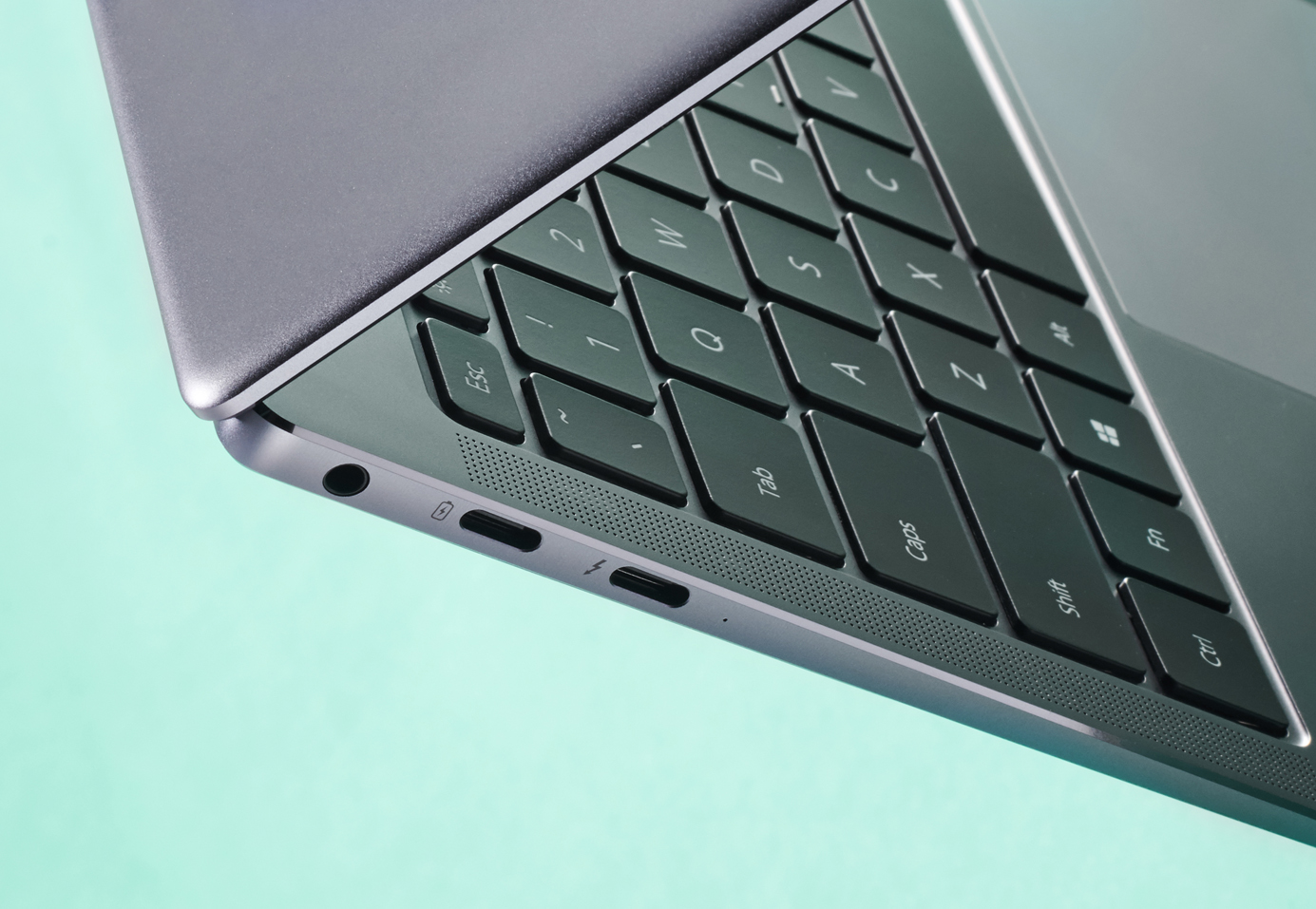
In terms of non-smartphone devices, where has Huawei seen the most movement over the last year?
Different markets are progressing at different rates. As you saw in the first quarter, we were number 2 in the world, 49 million in the first quarter, 15 million 5G devices, so still doing well.
Wearables are doing good, number 2 globally in smartwatches again the interconnectivity cases with Huawei Share which I will get on to. Tablets I think we’re number 3 in the world at the moment.
We have 20 privacy certifications around the world and we’re leading the charge
We are seeing really strong movement in wireless audio and PCs, we have seen 200% growth in both of those product categories. So it’s moving at different rates in different countries, so we’re seeing it grow quickly, which is fantastic.
As I say the other one that has been successful in China is the Huawei Vision, it’s a fantastic experience especially with MeeTime, being able to switch between a call on your phone to a big screen with a camera is amazing.
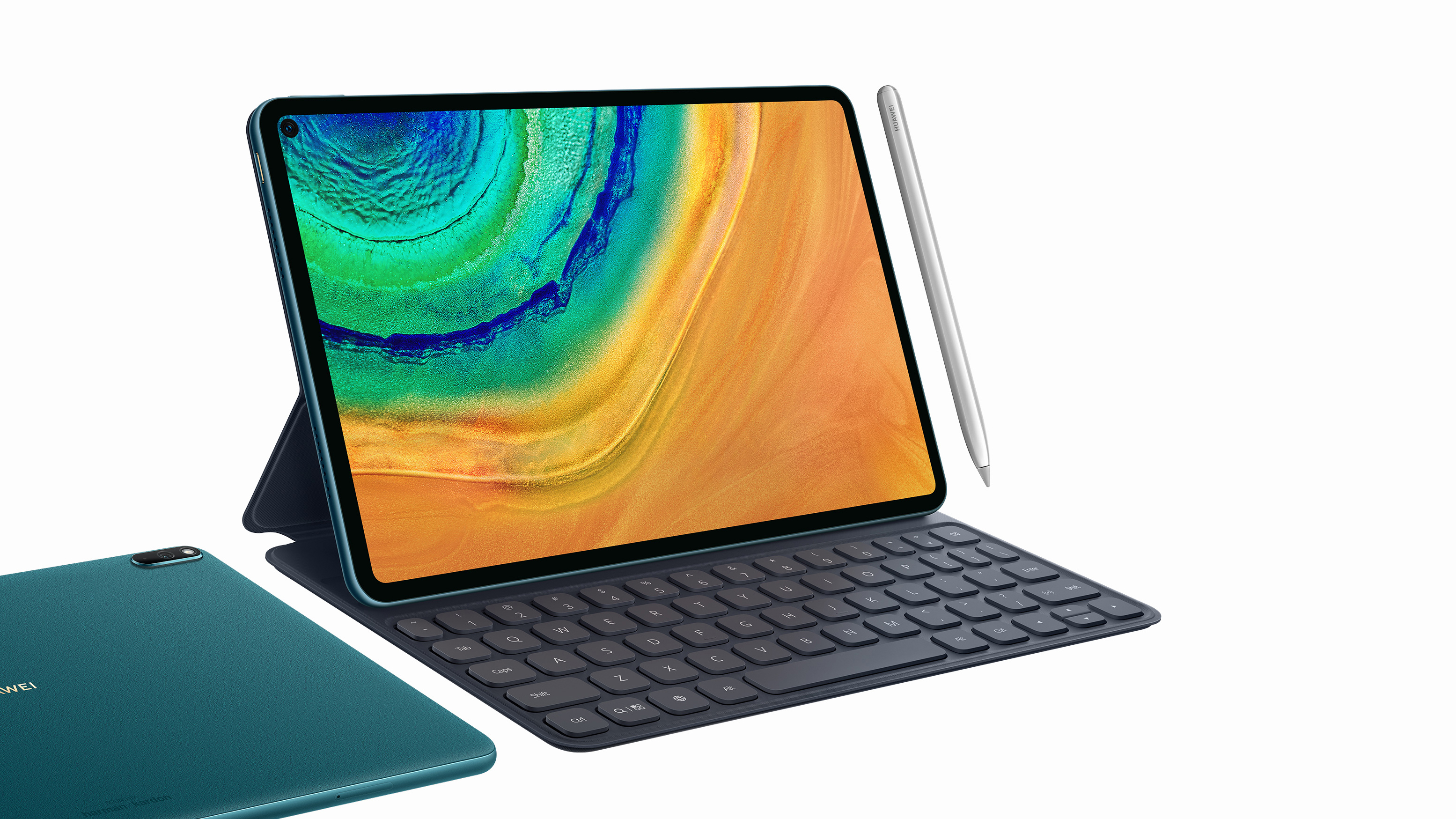
In light of the Entity List issues Huawei has faced in the smartphone market, are laptops and tablets more important now to the company?
We’ve always had a strong ambition in PCs and tablets, and hence why we’re so strong in tablets at number 3, so it’s not in light of this, it’s always been our strategy. Laptops have always been our strategy, nothing has changed in recent times.
What has been good for us is that in light of the crisis, there has been a much bigger demand for these products with more people working from home or children are schooled from home, on a demand basis we’ve seen that grow because we have great products.
We have a great product that has seen massive growth thanks to multi-screen collaboration and one touch to start, as well as an immediate need for our products.
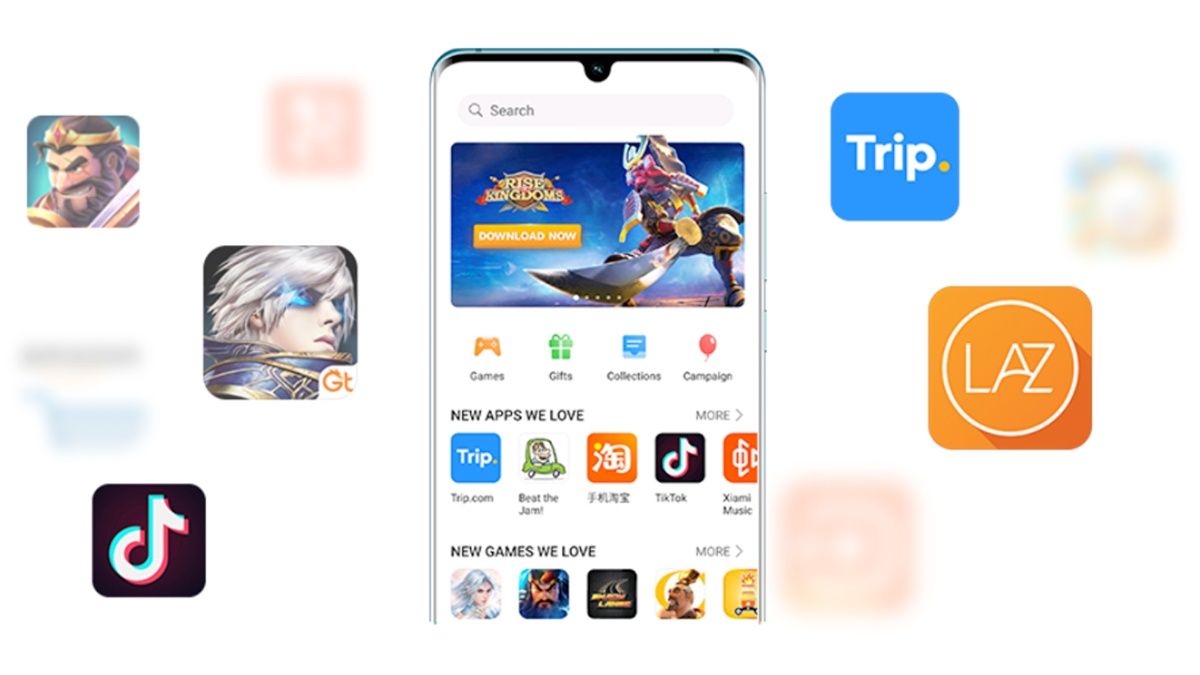
Can you talk a bit about the development of HMS Core and the app ecosystem across Huawei's portfolio of devices?
It’s important to the future vision. First on AppGallery and HMS, we have made tremendous progress. It is really building momentum, the rate of progress is amazing – it’s not there yet, we still have a lot of work to do, but it’s very exciting.
We have 1.4 million developers signed up, we’ve got 420 million active users each month. And we’re starting to see real progress in see big names join that ecosystem, we have booking.com, Skyscanner, BBC News, News UK, Tiktok, HereWeGo maps which is a great alternative mapping solution. Even the banks are starting to come in; we’ve got Santander, Curve, BBVA, so it’s starting, not as quickly as we would like, but it is building.
And to answer your questions is if you think about HMS and that vision, it is a vision that is built on the 1+8+N ecosystem so developers can develop once and it can scale multiple devices intelligently. Interesting user experiences.
On AppGallery and HMS – it’s not there yet, we still have a lot of work to do, but it’s very exciting.
An example is the Drift action camera with HiLink experience, if we switch to the Drift camera, it can embed my heartrate into the footage from linking to the Huawei smartwatch.
We can only imagine the innovations we’re going to see as people come on board. 150 million IoT units shipped last year that included HiLink. Samsonite have a one tap unlock, Karcher have a one tap water filter – these will open up interesting new apps and new ways of consuming. Huawei Music has 50 million tracks from Sony, Universal, Warner and it has a cool feature called Music Party which creates surround sound by using your friends phones, really interesting apps being developed to take advantage of the ecosystem and distributive technology.
We are just at the start of really exciting innovations. Those innovations will grow in scale because consumers want to be a part of this new experience and this new world.
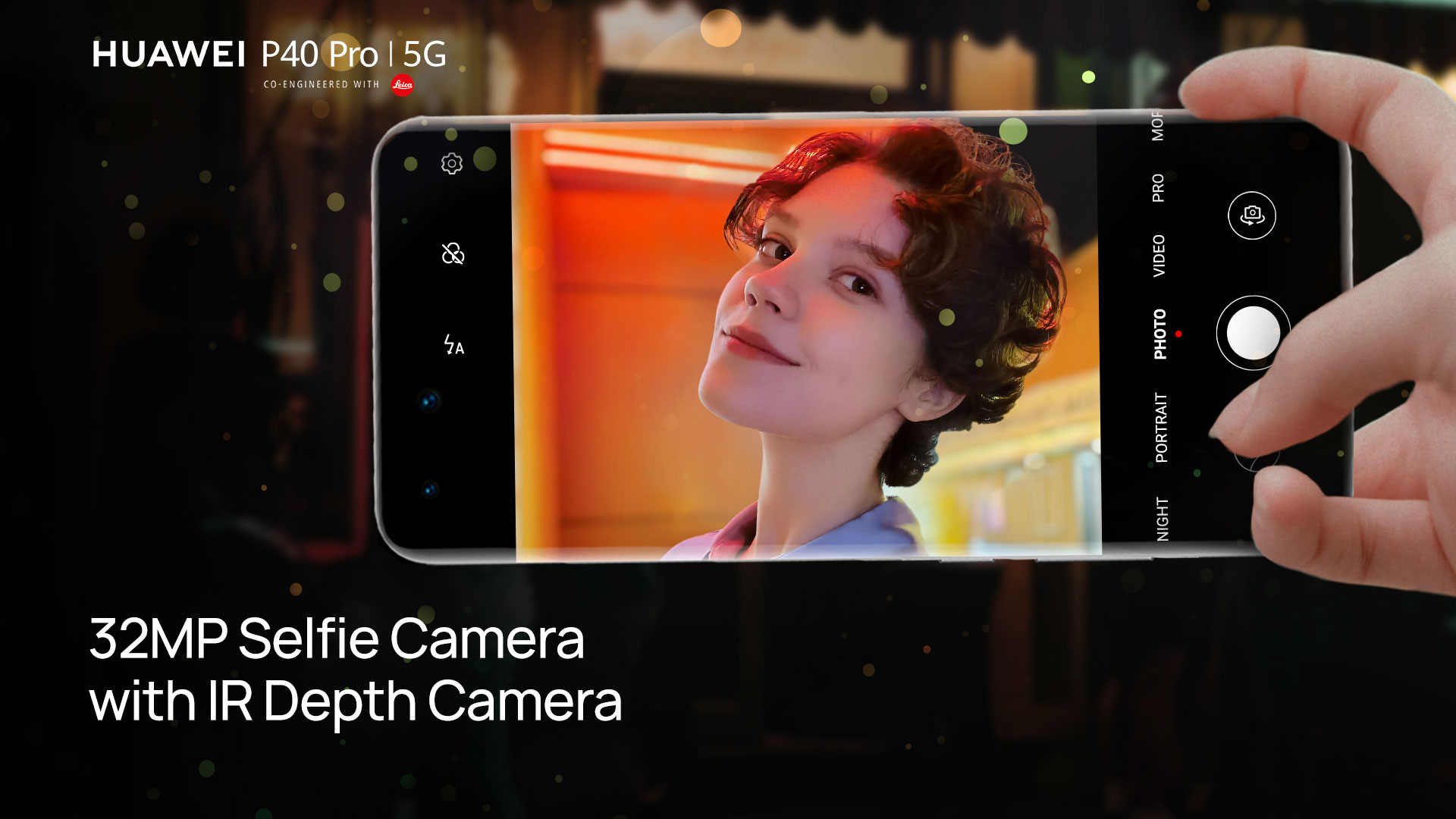
Are you able to give a clue as to what the hold up is with the development of core apps for the Western markets?
It just takes time, it’s a brand new ecosystem, we only started to focus on this 12 months ago. So these companies have other focuses and finite resources, but we are making progress. In the interim there are ways people can access apps, we have Petal Search which gives users access to millions of apps, PhoneClone helps users get those apps too.
It is just time, it is brand new and a brand new way of doing things, and people need to decide where to put the investment. But people are understanding the ecosystem and see other brands come in. I’m confident we will see it grow even faster in the not too distant future. It is just time to get people to understand.
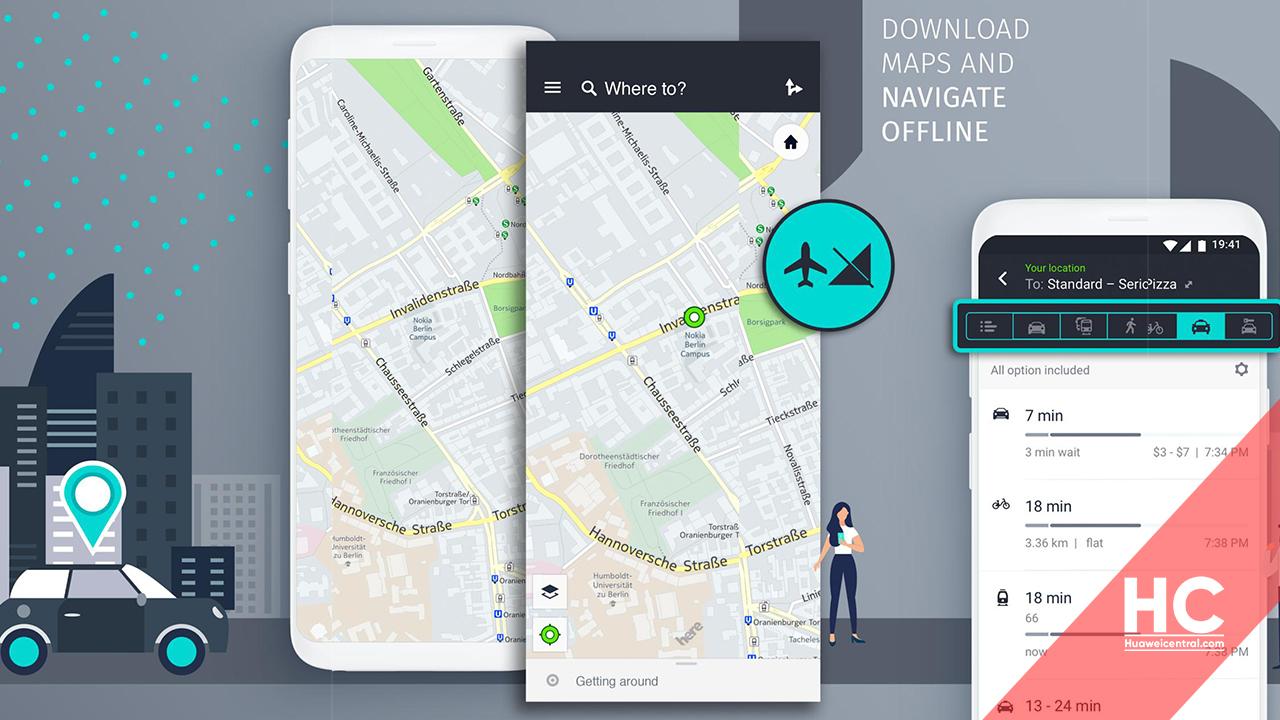
HereMaps app was a big thing for the platforms as it was a big gap, what other big gaps are you looking to fill from your perspective?
There are three things. First, we want to get top apps, we have a 5x increase on top apps – this is running at different speeds in different markets, so that’s the first thing.
We are also trying to give a voice to local apps and local developers to give then opportunity, an example is Qwant – the search engine - in France, so we partnered with them to give them a voice and we’re expanding this into other markets. Mapping is one and banking is another, people are starting to get this, we are slowly closing these gaps.
The AppGallery is all about exploring
A lot of this is education and understanding and engagement. It is a lot do in a short space of time. The AppGallery is all about exploring, and we are encouraging people to explore ways to give them the experience they’re looking for.
There are more and more we are looking at. Getting as many top apps as quickly as we can, not forgetting local apps to empower local developers – we always collaborate on a global scale and try to support local communities – encouraging innovation and alternatives.
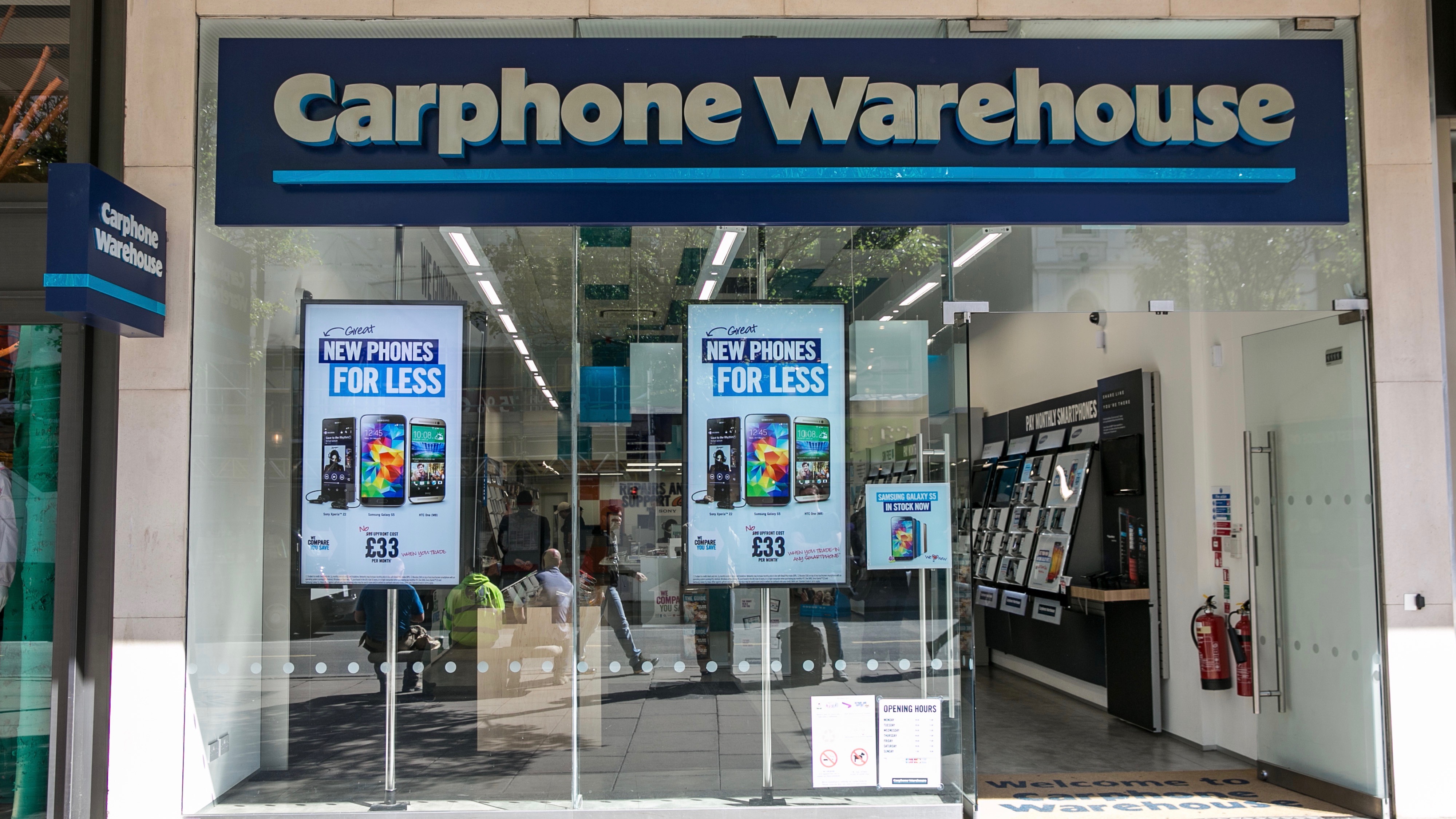
How are consumers being made aware from carriers and stores that they're buying into HMS?
We are spending a lot time of effort to make sure our staff and retail carriers fully understand they’re buying into a new ecosystem with new experiences – and we’re getting better at it country by country, which has been interrupted by the pandemic, but we are investing in our retail training to make sure they fully understand alternative apps and what you can get.
If you go online, we go to great lengths to show what you can buy online in the ecosystem. We want to make sure consumes understand they’re buying into a new ecosystem. We’re seeing good growth, at the top end we have people who define themselves as being different, then we have a group of people who love Huawei for our photography, image, battery and performance, and to them being different is ok because they trust us.
Then there’s the group who are less engaged but love the performance, battery and quality and that’s enough. So who’s adopting is diverse and the spread is encouraging.
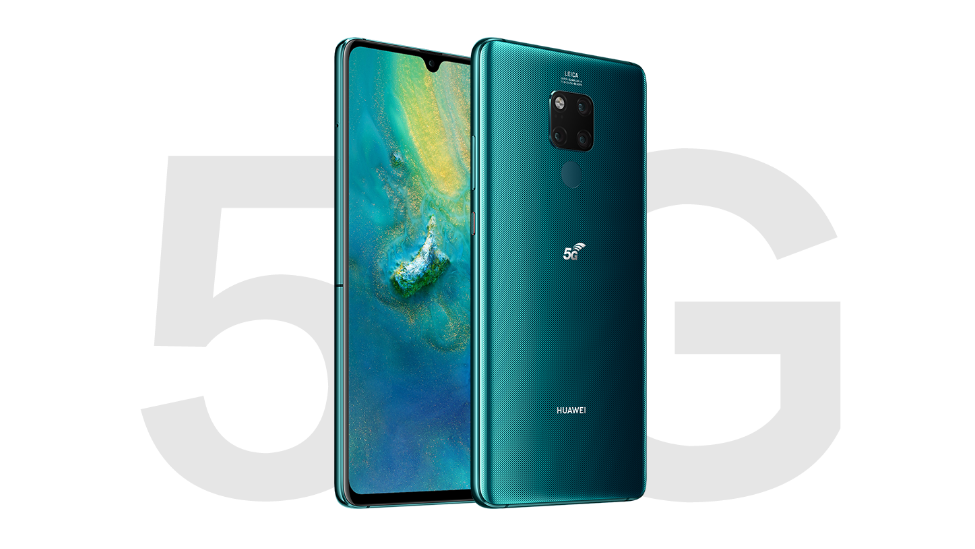
In terms of 5G and the UK do you think there is any knock-on effect for the Huawei brand?
As a brand, we have some extraordinary challenges and we have been subjected to many allegations. The facts are that in the UK we have been here for over 20 years providing network connectivity and have been providing 3G and 4G. The government in January said we could take part in 5G, that was a good decision based on evidence, to make sure they get the technology.
Now more than ever, connectivity is critical
And now more than ever, connectivity is critical, no one wants to be the person on Zoom who keeps on breaking up. Connectivity is a real premium. We are the leader in 5G, we hold more essential patents, we have more applications in place. We invest heavily in 5G, 15% of our revenue, 96,000 of our employees are in R&D. As consumers demand great connectivity, and what is important is that devices with that work to the best possible experience.
We have experienced some unique challenges, but with the undoubted understanding that we are innovation leaders, people will respect us. We remain committed to the UK and world leading telecoms structure.
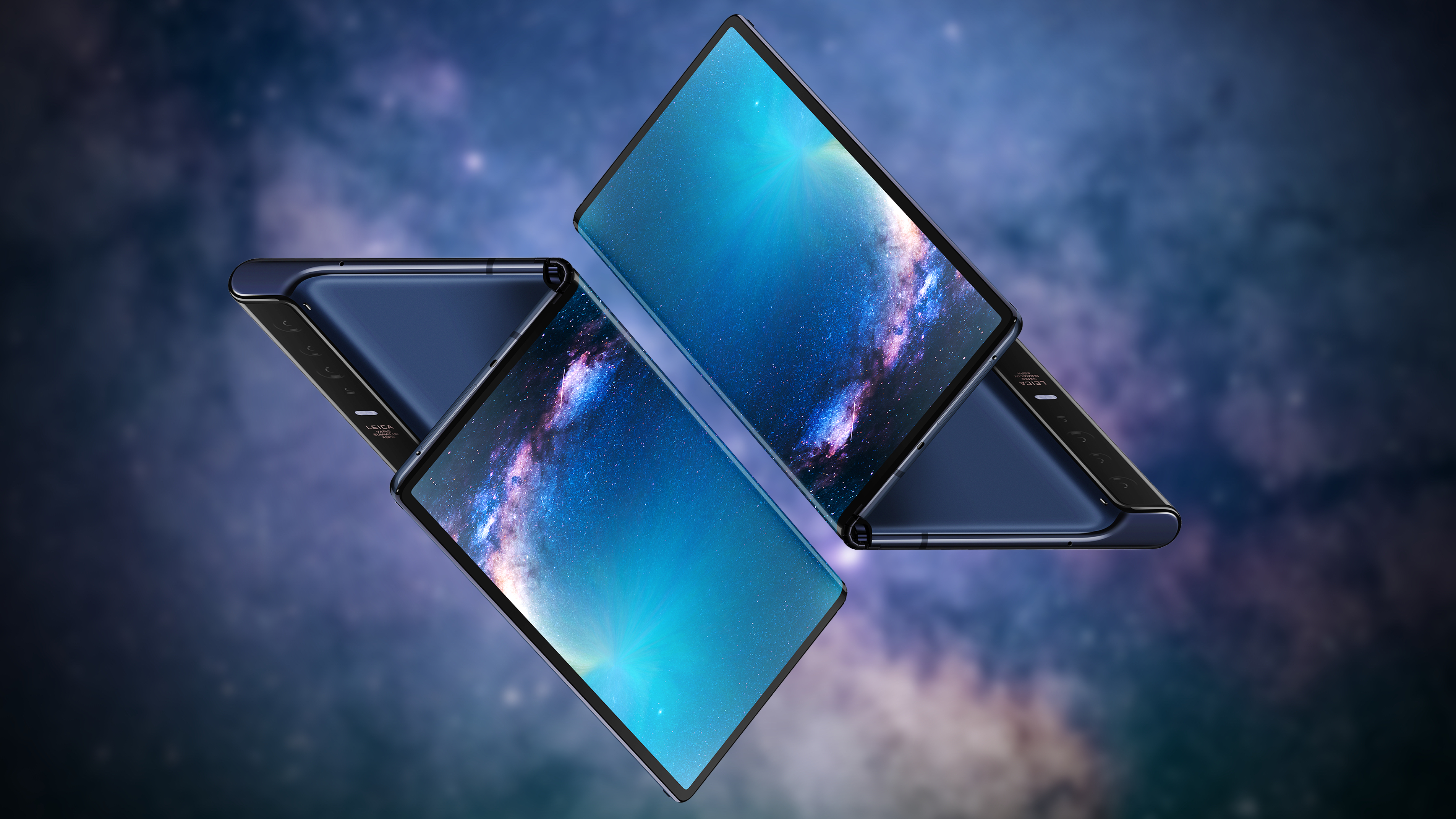
How do you see foldable phones developing?
I love foldables, they are transformational. They are very expensive to produce right now and we have seen competitors try to get it right. They will be popular when we can get them available to the broader market. I don’t think there will be a reduction in demand for those who want it. Our industry challenge is to perfect the technology and production to make them widely available.

Beyond cell towers and smartphones, what is Huawei trying to do to change their smartphone perception on privacy and security?
Our smart life strategy has been in our strategy for a long time, so this is not a knee jerk reaction. So for many, our consideration remains strong around the world and trust metrics are strong and stable. And we have many challenges right now because of what has been said and reported. But the thing to remember is that consumers trust us.
So how do we counter? We really focus on what we do best. And that’s delivering amazing technologies to help them understand who Huawei is and what we are doing with privacy and security and what we are doing in our smart life strategy is all about. And most importantly, it is about giving people more opportunities to use the products, they become advocates.
We want to help people understand Huawei and the good we do in the world
We will continue to develop privacy and we will continue to develop that. We will give people opportunities to better understand it. And we want to help people understand Huawei and the good we do in the world they can make up their own minds.
It’s not that we’re ignoring it, were making new solutions and inviting the world to try it. Tech4All to show deaf children how to read, we’re helping to detect blindness in infants. Its about telling the story. I can’t control what everyone else says but I can control what we do and engage consumers and make sure they know what we do and understand us and respect us.

Rob has been writing about computing, gaming, mobile, home entertainment technology, toys (specifically Lego and board games), smart home and more for over 15 years. As the editor of PC Gamer, and former Deputy Editor for T3.com, you can find Rob's work in magazines, bookazines and online, as well as on podcasts and videos, too. Outside of his work Rob is passionate about motorbikes, skiing/snowboarding and team sports, with football and cricket his two favourites.